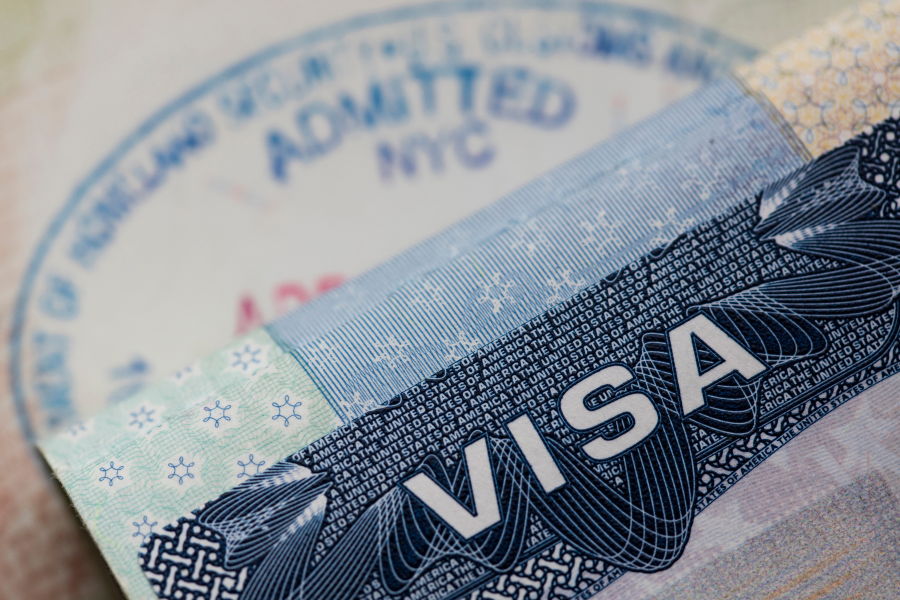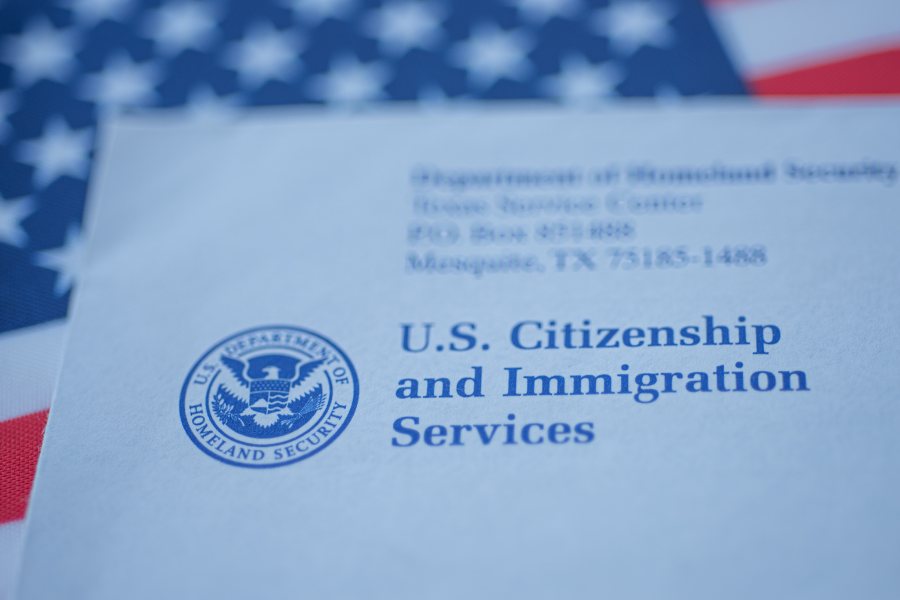A bill with the potential to grant thousands of visas to Irish workers each year has been reintroduced in the House of Representatives. House Democrat Richard Neal brought the bill, H.R. 2418, back in early May in the wake of renewed efforts to win congressional support for the measure.
Currently, Australia is the only country with access to the 10,500 E-3 visa slots each year. The legislation originally creating the E-3 visa program was signed into law by President George W. Bush on May 11, 2005. E-3 visas are similar in many ways to the H-1B visa, although the E-3 track does not allow dual intent. No petition to USCIS is required. Spouses of E-3 visa holders are able to work in the United States without restrictions, and the E-3 visa is renewable indefinitely, albeit in two-year increments.
Since being signed into law, Australia has yet to use all of the available 10,500 slots: roughly half of the visas go unused annually. Beginning in late 2018, Ireland has strongly campaigned for access to this particular visa class, namely the roughly 5,000 visas that go unused each year.
In November of last year, the House of Representatives voted in favor of an E-3 visa deal for Ireland. The bill was unable to garner the unanimous support needed in the U.S. Senate, however, when a hold was placed on the legislation by a handful of Senators, Arkansas Senator Tom Cotton among them.
Recent diplomatic efforts surrounding this measure have ramped up significantly in recent months. Nancy Pelosi, Speaker of the House of Representatives, pledged to continue to work toward implementing the proposed legislature after she led a delegation of U.S lawmakers on a visit to Ireland. In March, Irish Taoiseach Leo Varadkar met with President Donald Trump and congressional leaders during his visit to Washington D.C. to discuss Irish E-3 visa access.
The Irish Government has formulated a reciprocal arrangement which would ease restrictions on U.S. citizens who hope to work or retire in Ireland.
In order to qualify for E-3 visas, applicants must be employed in a specialty occupation, have a legitimate offer of employment in the United States, and possess the requisite academic or other qualifying credentials.
Our firm will continue to monitor the ongoing efforts to grant Ireland access to the E-3 visa scheme. Should you have any questions regarding E-3 or H-1B visas, or other employment-based nonimmigrant visa options, please do not hesitate to contact us.




